Celebrating Female Leadership and Entrepreneurship
Women in Business: The stats
Grant Thornton’s Women in Business 2025 report revealed that, across global mid-market companies…
Women hold 34% of senior management roles;
Firms with no women in their senior teams are increasingly rare (only 4.1%); and
The three most frequently held leadership roles for women are Human Resources Officer, Chief Financial Officer and Chief Marketing Officer.
Encouragingly, in the USA, women are making gains in leadership roles.
The proportion of women in chief financial officer roles has increased to 49%.
Women now hold 27% of chief technology officer positions.
The percentage of women in C-suite roles, including chief sustainability officers and chief communications officers, outpaces global averages.
The U.S. Small Business Administration Office of Advocacy published statistics in 2024 stating that women-owned small businesses generate more than $2 trillion in sales and employ over 10.7 million workers.
The benefits of gender parity
It’s no secret that gender parity doesn’t just benefit women, but has a significant positive impact on the bottom line of companies and even countries.
The International Monetary Fund (IMF) published research in 2024 that suggests that closing the gender gap in developing markets could lift GDP in these countries by an average of 23%.
Grant Thornton’s research reveals that mid-market business owners see their gender parity strategies and targets as having significant benefits across a range of performance areas, such as better decision-making, innovation and financial performance, plus vital cultural benefits:
Innovation impact: 23% report increased innovation
Decision-making improvements: 19% report better decisions
Client and investor attractiveness: 20% report improved attraction
Cultural benefits: 31% report a culture where all employees feel they’re treated equally
“By accelerating action on gender balance, we’re not just opening doors for women; we’re creating a more innovative, resilient and dynamic business landscape for generations to come.” - Peter Bodin CEO Grant Thornton International
Successful Women Entrepreneurs
In addition to world-famous entrepreneurs like Oprah Winfrey, Vera Wang and Martha Stewart, here are JUST A FEW of the countless successful women entrepreneurs making headlines with their groundbreaking achievements - against all the odds. We hope you draw inspiration from their stories:
Amira Rasool featured on the 2024 Forbes “30 Under 30” list for being one of the youngest Black women to raise over US$1 million in pre-seed funding for her company, The Folklore, which helps small brands succeed online. The majority of her clients are Black-owned businesses in the USA.
Anna Lim is the Co-Founder and Executive Director of The Soup Spoon, Singapore’s biggest soup chain. With the extra challenge of prioritising sustainability, she and her team grew the business from a home-based initiative into a city-wide chain store, and then into a global manufacturer and collection of culinary brands. Anna's entrepreneurial talents have been recognised with the Spirit of Enterprise CLA Global TS Entrepreneurship Award, the ASEAN Women Entrepreneurship Award and more.
In 2025, Fungai Ndemera was named one of the Top 100 African Entrepreneurs and Business Leaders in the UK by the African Business Chamber. She founded CheckUp Health, a pioneering software that supports healthcare providers and makes digital healthcare accessible for all. She’s won several awards for her achievements in business development, healthcare, and technology.
Kiran Mazumdar-Shaw founded Biocon, a biotechnology company in India. A staunch advocate for affordable medicines in less-wealthy countries, she found opportunities to develop cost-effective development techniques, so that people can afford the medicines they need. In 2014, she received the Othmer Gold Medal for outstanding contributions to the progress of science and chemistry. In 2020, she was named EY World Entrepreneur Of The Year. And as of 2024, her net worth was estimated to be US$3.6 billion.
When Melanie Perkins was a 19-year-old university student, she came up with the idea for a software that could make design accessible to all. She went on to build Canva, which was valued at more than US$1 billion, making her one of the youngest female CEOs of a unicorn tech start-up. And by 2021, she had gained an estimated net worth of US$4.4 billion. Her commitment to accessibility continues as she eliminates bias from the hiring process, resulting in 41% female representation at Canva, much higher than the 2% industry average.
Whitney Wolfe Herd became one of the world’s youngest female self-made billionaires by founding Bumble, the dating app that creates an empowering environment for women. At the age of 31, she became the youngest woman in the U.S. to lead a company through an IPO. Throughout her career she has promoted women’s rights and advocated against online harassment.
Zhang Xin is regularly named one of the most successful women in business. She is the co-founder of SOHO China, the largest prime office developer in Shanghai and Beijing. Heralded as the “woman who built Beijing”, she is famous for her daring and creative collaborations with international architects that have made Beijing’s skyline so iconic.
Barriers to female entrepreneurship
While we celebrate the progress being made by women-led businesses and female entrepreneurs, we cannot overlook the obstacles that still block the path to success for women globally. Even in 2025, discrimination against women in business is apparent, from the top levels of governmental structures down to the individual level.
The main challenges women in business still face today include:
Insufficient legal protection and a lack of supportive legal frameworks
Limited access to capital from banks and venture capitalists
Societal stereotypes about women’s roles
Unequal distribution of family responsibilities
Limited flexible work options
Limited access to mentorship and support networks
Psychological challenges such as low self-esteem
Strategies to promote gender parity
Everyone, no matter what sector we work in, can contribute to the cause of gender parity in our societies in big ways or small. Here are some ideas that have been proven to work:
Specify the strategy: Grant Thornton’s research reveals that although many businesses understand that gender parity is a source for potential growth, they often lack a clear purpose behind their equality strategies. Therefore, it is important to define specific, measurable goals for increasing gender diversity, such as for equal pay, promotions and recruitment, as well as having specific ambitions for women in leadership roles.
Put the pressure on: The research also reveals that pressure from clients, investors, regulators and consultants is a powerful driver of change. More than half (56.3%) of businesses that have faced this type of pressure say the percentage of women in leadership roles has risen as a direct result.
Increase flexibility options: The future is flexible. The more a business can offer flexible work options, whether through work schedules or work locations or a combination of the two, the more diverse and innovative the talent it will attract. These options allow women who bear the burden of family responsibilities to advance in their careers and to build support networks. For more about adapting your business to keep up with flexibility trends, see our article “Surviving & Thriving in 2025: The Business Trends Defining 2025”.
Support women-owned businesses: We often forget how influential we, as clients, can be. We vote with our wallets, and we should not underestimate the impact we can have when we stop for a minute to consider who we are supporting with our purchases and why.
Change the narrative: Whether we know women entrepreneurs or not, we can all help boost self-esteem among our peers with encouraging words and inclusive actions. Every person in a minority or under-represented group can be uplifted by even the smallest opportunity for training, development, recognition and reward.
The fact that women entrepreneurs are making indelible contributions to the business world is clear, and the significance of every success is multiplied by the opportunities they open for future generations to follow.
At The Work Boulevard, we champion flexible work options because we see the possibilities it offers for female entrepreneurs in particular. Let us all do our part to create a more inclusive society in Singapore and beyond.
Leave a Reply
Related Posts
Categories
GET IN TOUCH



